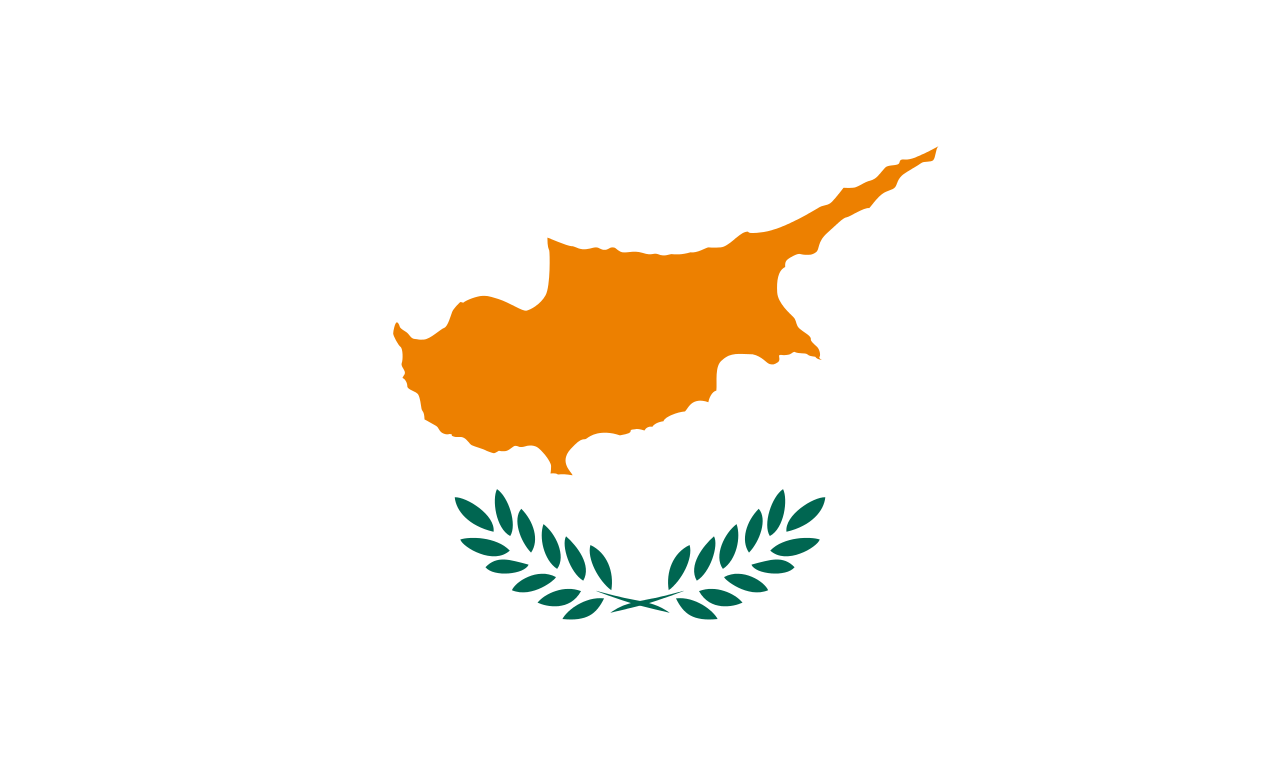On 29th October 2021 the Cypriot Ministry of Finance issued guidelines in the form of Ministerial decree which clarify key terms of Cypriot Mandatory Disclosure Rules Law (we have already written article about the law itself). Its main target is to provide explanation for the relevant persons influenced by the EU Directive related to exchange of information between Member States’ tax authorities.
What needs to be reported?
Guidelines clarify the fact that when pre-existing arrangement which was extended or renewed and was changed materially while Directive was binding, it can also be perceived as a new arrangement and as such it imposes duty of reporting on relevant persons.
The Guidelines also highlight that in determining whether an arrangement results to a tax advantage, a comparison is required between the amount of tax due, having regard to the arrangement, with the amount of tax that would be due under the same circumstances in the absence of the arrangement.
The Guidelines state that a tax advantage may also arise where an arrangement prevents a tax disadvantage which occurs due to an amendment in the tax law.
The Guidelines clarify that the term “arrangement” includes all types of arrangements, transactions, payments, schemes and structures, whether legally enforceable, and includes oral agreements. It is also clarified that the term “arrangement” needs to be perceived broader than “agreement” and does not depend upon the existence of an agreement between the participants of the arrangement.
The “participant” is also defined by the Guidelines as a person who is actively taking part in the arrangement and is substantially related to the arrangement.
Besides being “cross-border”, the arrangement has to fall in at least one of the Hallmarks mentioned in our article. Decree also provides clarification about every Hallmark mentioned therein.
Who is an intermediary?
According to the Decree there exists also another criterion with which a person may be considered as an intermediary, even without being one according to the definition provided in Article 3(21) of the directive. When “secondary” intermediary has enough expertise and a relevant level of knowledge and undertakes to provide aid, assistance or advice with activities related to cross-border arrangements it can also be viewed as a primary intermediary and because of that the duty of information could be imposed on it.
Guidelines for intermediaries and taxpayers provided in Decree
The Law exempts intermediaries and taxpayers from reporting duty in some specific cases:When sufficient proof of reporting of the same information is provided by other intermediary or taxpayer;
When intermediaries are covered by legal professional privilege (LPP). The Guidelines clarify that LPP applies only in cases of lawyers exercising the profession of lawyer and Law Firms, as defined in the Advocates Law, Cap 2.;
When intermediary is a non-EU intermediary – in that case a reporting obligation shifts to the taxpayer.
- When sufficient proof of reporting of the same information is provided by other intermediary or taxpayer;
- When intermediaries are covered by legal professional privilege (LPP). The Guidelines clarify that LPP applies only in cases of lawyers exercising the profession of lawyer and Law Firms, as defined in the Advocates Law, Cap 2.;
- When intermediary is a non-EU intermediary – in that case a reporting obligation shifts to the taxpayer.
If one of the intermediaries is legally privileged professional (LPP), it should inform all the other intermediaries and relevant taxpayer about their obligation to inform tax authorities about the details of the arrangement. The LPPs have to inform all the aforementioned persons within 10 calendar days from the day on which the reporting obligation would have arisen if the intermediary was not covered by LPP.
Either way the Guidelines specify that the LP privilege is that of a client, not a lawyer and as such the client may elect to waive their right to LPP to the extent necessary to allow the legal professional to disclose the information to the tax department.
Imposition of fines (exemplary administrative penalties)
Cypriot Tax Department announced a further extension to 31 January 2022 of the non-application of administrative fines for submitting information about reportable cross-border arrangements. For example, penalty for failing to report a above mentioned arrangements may vary from € 10,000 to even 20,000, or delay in reporting such an arrangement may amount up to € 20,000 as well (up to 90 calendar days: € 1,000 – 5,000, more than 90 calendar days: € 5,000 – 20,000).
On 10th of November Tax Department issued Circular in which it provided another aspects of DAC 6 Directive implementation on Cyprus. The Circular states that the CTD may impose penalties within a period of six years from the end of the relevant year. However, the right to impose penalties is extended to twelve years in the case of willful default or fraud. Moreover, intermediaries and relevant taxpayers are obliged to maintain books and records for a period of six years from the end of the year to which the reportable cross-border arrangement relates.
The Circular clarifies that there will be a cap of €120,000 annually on the penalties for relevant taxpayers and intermediaries for all their reportable cross-border arrangements that have a reporting deadline within a calendar year. This is not the case of the intermediaries’ or relevant taxpayers’ willful default or fraud.


